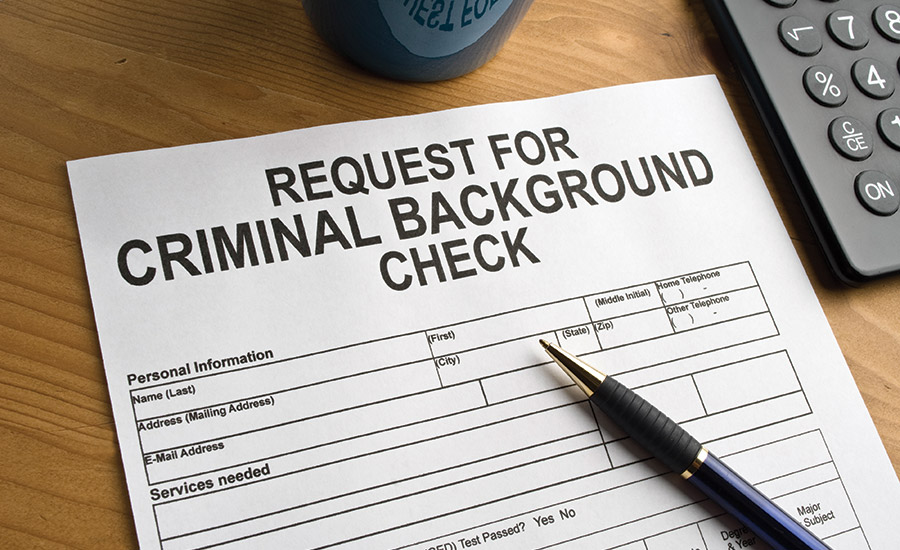Getting arrested for driving under the influence is a life-changing experience—no matter how it ends. Even if you weren’t convicted, that record can stick with you like glue, showing up in background checks and making everything from job applications to apartment hunting more difficult. That’s why so many people ask: Can I get this cleared? If you’re wondering about the Texas DUI expungement process, you’re in the right place. What matters now is understanding your legal options so that one mistake doesn’t follow you forever.
In this in-depth guide titled “Understanding Texas DUI Expungement Process Simplified,” we’ll break down everything you need to know about clearing your DUI or DWI arrest record in Texas. From eligibility requirements to the filing steps, timelines, and what to expect in court, we’ll explain it all—without the legal jargon. And because no two cases are the same, we’ll also walk through real-life stories that show how expungement works in practice. This guide is built for real people facing real stress—not legal professionals.

What Is Expungement?
A Legal Fresh Start
Expungement is a legal process that allows individuals to have certain criminal records erased or destroyed. In Texas, if your record is expunged, you can legally deny the arrest ever happened. It’s like turning back the clock—at least from a legal standpoint. It’s one of the few legal tools that allows someone to fully rebuild their public image after an arrest.
For people with a DUI or DWI arrest on their record, this means the chance to truly move on. That’s what makes the Texas DUI expungement process so valuable: it’s not just about erasing paperwork, it’s about restoring your reputation and rebuilding your future. When done correctly, expungement can open doors that were previously slammed shut due to a past mistake.
Real-Life Story: Melissa’s Wake-Up Call
Melissa was a 25-year-old nursing student in Dallas when she was pulled over after a night out. She was arrested for DWI, but her BAC came back under the legal limit, and the prosecutor declined to file charges. Even though her case never went to court, the arrest still appeared on background checks.
Years later, when she applied for her nursing license, the board asked her to explain the arrest. That’s when Melissa learned about the Texas DUI expungement process and worked with a lawyer to have her record wiped clean. Today, she’s working full-time as an ER nurse with nothing holding her back.
Her story is a reminder: even if your DUI charge didn’t stick, the record still might—and that’s where expungement comes in.
What DUI/DWI Records Can Be Expunged in Texas?
Not All Charges Qualify
When it comes to the Texas DUI expungement process, not every case is eligible. Texas law is strict about what can be expunged and under what conditions.
You may qualify for expungement if:
- You were arrested but never formally charged
- The DUI/DWI charge was dismissed
- You were acquitted (found not guilty) at trial
- You successfully completed a pretrial diversion program
- Your conviction was overturned on appeal
- You were convicted but later pardoned
You cannot expunge a DUI or DWI if you were convicted, except in very rare circumstances like a pardon. However, there may still be other options, such as orders of nondisclosure, which we’ll discuss later.
Understanding Deferred Adjudication and Nondisclosure
What If You Took a Plea Deal?
Texas doesn’t allow expungement for DUI or DWI cases where you accepted a conviction—even through deferred adjudication. However, you may still be eligible for an order of nondisclosure, which seals your record from most public view.
While an expungement erases your record entirely, a nondisclosure hides it from most employers, landlords, and background checks—though law enforcement and certain government agencies can still access it.
So, while the Texas DUI expungement process may not apply to everyone, nondisclosure is a valuable alternative that provides similar benefits in many situations.
Step-by-Step: Texas DUI Expungement Process Simplified
Here’s What You’ll Need to Do
Let’s say you’re eligible for expungement. What next? Here’s a simplified breakdown of how to go through the Texas DUI expungement process:
Step 1: Obtain Your Criminal Record
Start by requesting a copy of your criminal history from the Texas Department of Public Safety (DPS). You’ll need accurate case numbers and arrest details to move forward.
Step 2: Confirm Eligibility
Consult a criminal defense attorney to confirm you meet the criteria for expungement. An experienced lawyer can help avoid costly filing errors.
Step 3: File a Petition for Expunction
You’ll need to file a Petition for Expunction with the district court in the county where the arrest occurred. The petition should include:
- Full legal name and address
- Arrest date and offense
- Case or cause number
- Law enforcement agency involved
- Outcome of the case
Step 4: Attend the Hearing (If Required)
Some courts may hold a hearing, while others approve petitions based on documentation. If there is a hearing, your attorney will present your case.
Step 5: Final Order of Expunction
Once the judge signs the expunction order, the court will send it to all applicable agencies, directing them to destroy or return any records related to your arrest.

This entire process may take anywhere from 4 to 8 months, depending on the court’s caseload and whether objections are raised by the district attorney.
How Long Do You Have to Wait Before Filing?
Patience May Be Required
The waiting period for filing an expungement in Texas depends on the outcome of your case:
- No charges filed: 180 days from the date of arrest
- Charges dismissed: Statute of limitations for the offense must expire (typically 2 years for a misdemeanor)
- Acquittal: No waiting period
- Pardon: No waiting period
Knowing when you’re eligible is just as important as understanding the steps of the Texas DUI expungement process. Filing too early could get your case dismissed and delay your clean slate.
Real-Life Story: Jordan’s Rejected Job Offer
Jordan was a college grad applying for a job with a financial firm in Austin. He had been arrested for DWI at 21 but was never charged. Still, the arrest showed up during a background check.
Even though the employer liked him, the company policy was strict: no criminal record. That offer disappeared fast.
Jordan later learned that he was eligible for expungement but had never filed. With legal help, he completed the Texas DUI expungement process, and today, his record is clean—and he’s employed at another firm that never had to ask twice.
Common Mistakes to Avoid During Expungement
Don’t Derail the Process
Here are a few common pitfalls to avoid while navigating the Texas DUI expungement process:
- Filing in the wrong court
- Missing crucial documents
- Not serving all necessary parties (e.g., DPS, arresting agency, prosecutors)
- Failing to attend a hearing if one is scheduled
- Trying to expunge a conviction instead of a dismissed or non-filed charge
Each mistake can delay or derail your expunction. Working with an attorney ensures you avoid these hurdles.

How Much Does It Cost to Expunge a DUI in Texas?
Consider It an Investment in Your Future
The costs associated with the Texas DUI expungement process can vary, but here’s a ballpark estimate:
- Filing fees: $300 to $500
- Attorney fees: $1,000 to $3,000, depending on complexity
- Fingerprinting and background checks: $20 to $50
While it may sound expensive, consider the long-term costs of keeping a DWI on your record—missed job opportunities, higher insurance rates, and housing denials. The investment in expungement often pays for itself.
Can You Expunge a DUI Yourself?
DIY Isn’t Always the Best Approach
Texas courts allow individuals to file their own expungement petitions, but it’s not recommended unless you’re very familiar with legal procedures.
Potential challenges include:
- Complex paperwork
- Strict procedural deadlines
- Understanding how to draft a legally valid petition
- Responding to objections from prosecutors
If you make a mistake, the court may deny your petition, and you’ll have to wait before reapplying. For most people, hiring a lawyer is the safest path through the Texas DUI expungement process.
What Happens After Expungement Is Approved?
You’re Free to Move On
Once your expunction is approved, the court sends orders to:
- Law enforcement agencies
- The Texas Department of Public Safety
- County clerk offices
- Background check companies (if requested)

These agencies are legally required to destroy or return all documents and data related to your arrest. That means employers, landlords, and the general public can no longer see that part of your record.
Legally, you can now answer “no” when asked if you’ve ever been arrested for that offense—because under the law, it never happened.
Final Thoughts: Understanding Texas DUI Expungement Process Simplified
If you’ve been living with the stress, shame, or setbacks caused by a past DUI arrest, know this: you might not be stuck with it forever. Whether your case was dismissed, you were never charged, or you were found not guilty, the Texas DUI expungement process may offer a real way out.
It takes effort, paperwork, and patience—but the reward is worth it. Clearing your record can mean new job opportunities, access to better housing, and a chance to leave the past where it belongs: behind you.
So if you’ve been asking whether it’s possible to erase a DUI after all these years, the answer may be yes. And now, you know exactly how the process works.

